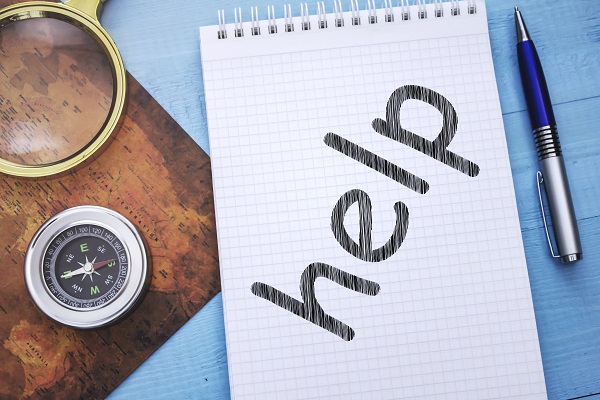ne day last week, I opened up the hatch door to my vehicle and found my car keys sitting there on the floor mat. That was just one result of the scattered thought process in my brain when too many things are going on all at once. I also spent a great deal of time last week forgetting what I was doing, jumping from task to task without finishing anything, worrying about the pile of mess on my desk (which is usually neat), reaching into the cabinet for handfuls of chips, and dropping stuff.
When I find myself engaging in these actions, I know that it is a sign that I am overwhelmed, stressed, and not coping very well.
Everyone has *tells* which indicate that either external or internal feedback is becoming too much. I would encourage you to think about yours. I would especially encourage us to all think about the tells that children demonstrate when they are feeling as though things are “too much” or are on the path to a heightened place that is difficult for them to not only recognize for themselves, or to easily come back from.
Maybe a child starts to make a certain noise or begins to appear agitated, sweaty, or red-faced. Maybe that look of fun on their face becomes more of a grimace or they just give off a greater vibe of intensity.
If we can catch ourselves or our kids when we are showing signs of feeling overwhelmed and not so much in control of ourselves, we can better remember and implement coping mechanisms. For me, those include focusing on and prioritizing just one thing or task at a time through to completion, using the do-not-disturb feature on my phone, letting some things go, and taking a coffee break on my porch.
Kids might need us to acknowledge that they are feeling stressed and talk through strategies and solutions about the particular issue they are faced with. Maybe that could be breaking down homework into smaller bites. It could possibly be alerting people who work with our kids on how to recognize their tells and what works best for that child (being sent on a movement break or to get a drink of water, help us with a task, or a sensory activity to help regulate their system).
It takes some self-awareness to realize when we are in this place of feeling overwhelmed and implement the coping strategies that work best for us. The first step is to figure out the tells, in order to be able to talk ourselves through the stress and back into balance.









Leave a Reply